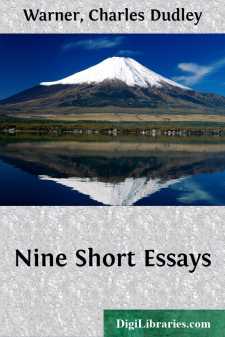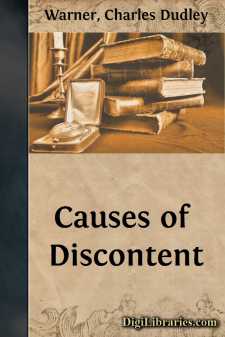Categories
- Antiques & Collectibles 13
- Architecture 36
- Art 48
- Bibles 22
- Biography & Autobiography 816
- Body, Mind & Spirit 145
- Business & Economics 28
- Children's Books 17
- Children's Fiction 14
- Computers 4
- Cooking 94
- Crafts & Hobbies 4
- Drama 346
- Education 58
- Family & Relationships 59
- Fiction 11834
- Foreign Language Study 3
- Games 19
- Gardening 17
- Health & Fitness 34
- History 1378
- House & Home 1
- Humor 147
- Juvenile Fiction 1873
- Juvenile Nonfiction 202
- Language Arts & Disciplines 89
- Law 16
- Literary Collections 686
- Literary Criticism 179
- Mathematics 13
- Medical 41
- Music 40
- Nature 179
- Non-Classifiable 1768
- Performing Arts 7
- Periodicals 1453
- Philosophy 66
- Photography 2
- Poetry 897
- Political Science 203
- Psychology 45
- Reference 154
- Religion 516
- Science 126
- Self-Help 85
- Social Science 82
- Sports & Recreation 34
- Study Aids 3
- Technology & Engineering 59
- Transportation 23
- Travel 463
- True Crime 29
Sort by:
CHAPTER I. HOW OUR ITALY IS MADE. The traveller who descends into Italy by an Alpine pass never forgets the surprise and delight of the transition. In an hour he is whirled down the slopes from the region of eternal snow to the verdure of spring or the ripeness of summer. Suddenly—it may be at a turn in the road—winter is left behind; the plains of Lombardy are in view; the Lake of Como or Maggiore...
more...
In accordance with the advice of Diogenes of Apollonia in the beginning of his treatise on Natural Philosophy—"It appears to me to be well for every one who commences any sort of philosophical treatise to lay down some undeniable principle to start with"—we offer this: All men are created unequal. It would be a most interesting study to trace the growth in the world of the doctrine of...
more...
On a summer day, long gone among the summer days that come but to go, a lad of twelve years was idly and recklessly swinging in the top of a tall hickory, the advance picket of a mountain forest. The tree was on the edge of a steep declivity of rocky pasture-land that fell rapidly down to the stately chestnuts, to the orchard, to the cornfields in the narrow valley, and the maples on the bank of the...
more...
A NIGHT IN THE GARDEN OF THE TUILERIES It was in the time of the Second Empire. To be exact, it was the night of the 18th of June, 1868; I remember the date, because, contrary to the astronomical theory of short nights at this season, this was the longest night I ever saw. It was the loveliest time of the year in Paris, when one was tempted to lounge all day in the gardens and to give to sleep none of...
more...
Our theme for the hour is the American Newspaper. It is a subject in which everybody is interested, and about which it is not polite to say that anybody is not well informed; for, although there are scattered through the land many persons, I am sorry to say, unable to pay for a newspaper, I have never yet heard of anybody unable to edit one. The topic has many points of view, and invites various study...
more...
INTRODUCTORY SKETCH The title naturally suggested for this story was "A Dead Soul," but it was discarded because of the similarity to that of the famous novel by Nikolai Gogol—"Dead Souls"—though the motive has nothing in common with that used by the Russian novelist. Gogol exposed an extensive fraud practiced by the sale, in connection with lands, of the names of "serfs"...
more...
I "The way to mount a horse"—said the Professor. "If you have no ladder—put in the Friend of Humanity." The Professor had ridden through the war for the Union on the right side, enjoying a much better view of it than if he had walked, and knew as much about a horse as a person ought to know for the sake of his character. The man who can recite the tales of the Canterbury Pilgrims,...
more...
I. PRELIMINARY. It is over twenty years since the death of Washington Irving removed that personal presence which is always a powerful, and sometimes the sole, stimulus to the sale of an author's books, and which strongly affects the contemporary judgment of their merits. It is nearly a century since his birth, which was almost coeval with that of the Republic, for it took place the year the...
more...
The Declaration of Independence opens with the statement of a great and fruitful political truth. But if it had said:—"We hold these truths to be self-evident: that all men are created unequal; that they are endowed by their Creator with certain inalienable rights; that among these are life, liberty and the pursuit of happiness," it would also have stated the truth; and if it had added,...
more...
OUR PRESIDENT We are so much accustomed to kings and queens and other privileged persons of that sort in this world that it is only on reflection that we wonder how they became so. The mystery is not their continuance, but how did they get a start? We take little help from studying the bees —originally no one could have been born a queen. There must have been not only a selection, but an election,...
more...











